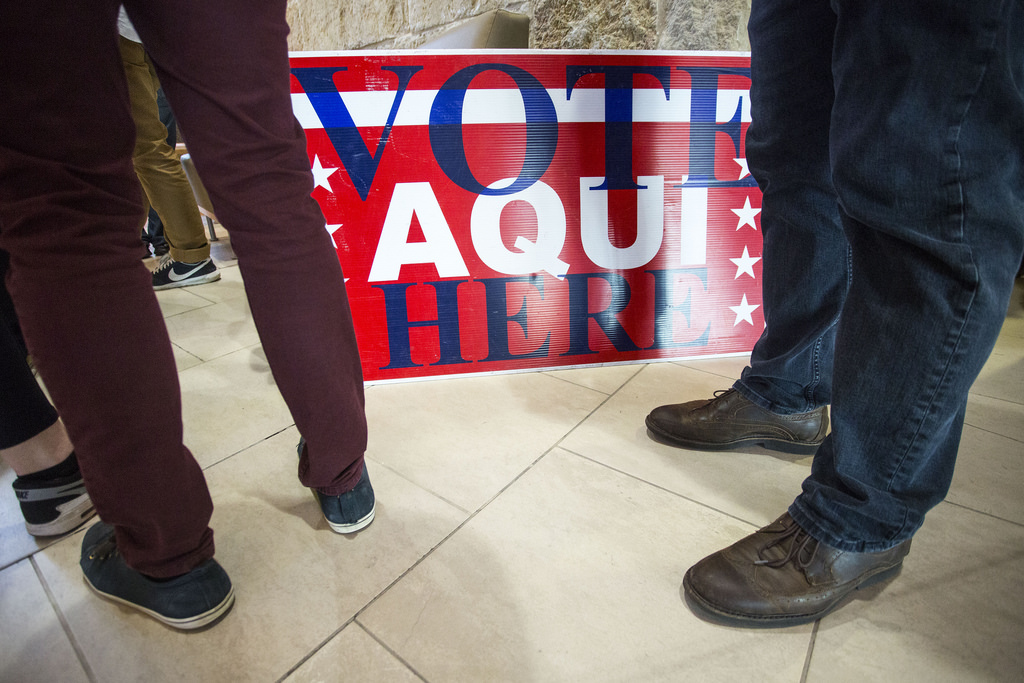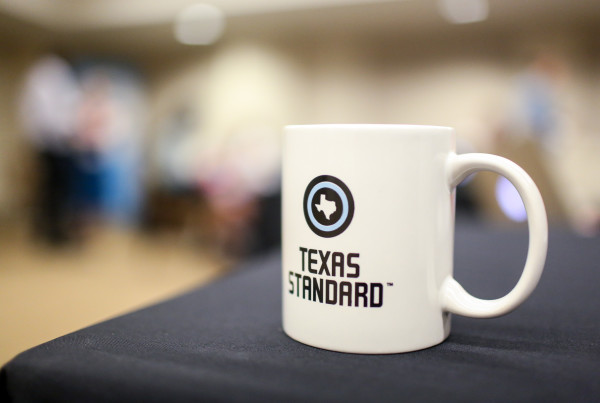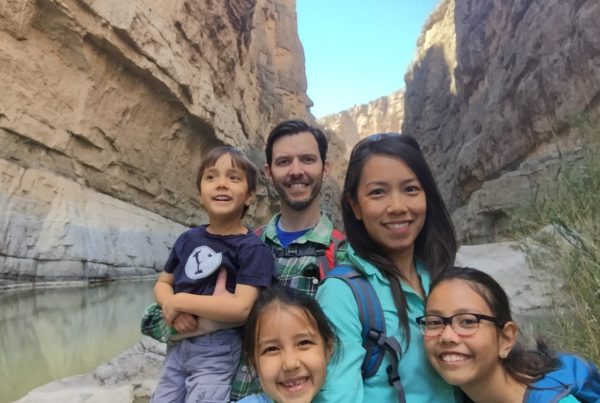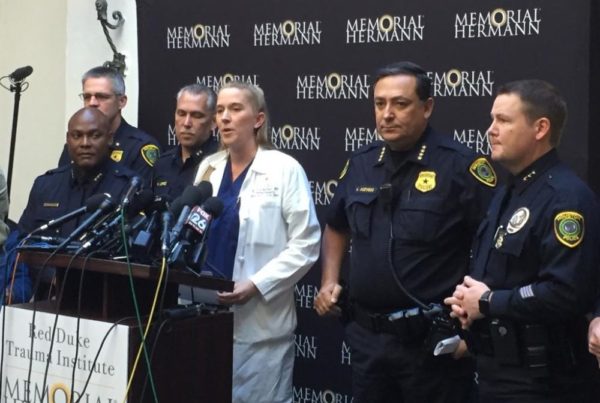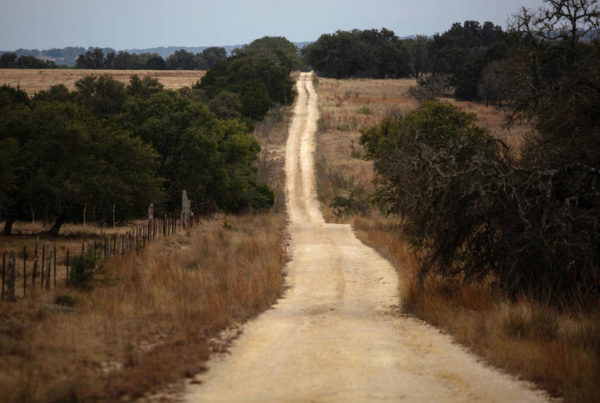There have been a lot of reactions since Friday when Texas Secretary of State David Whitley announced that his office, along with the Department of Public Safety, identified 95,000 people on state voter registration rolls who may not be U.S. citizens. Since the power to remove people from voter rolls belongs to individual counties, Whitley’s office has asked county officials to take action.
How should this be done and how have counties responded? Jeremy Wallace has been following the story for the Houston Chronicle. He says the secretary of state’s office is recommending to counties that they remove people from county voter rolls who appear on the list of 95,000 who are, or were at one time, not United States citizens. The recommendations call for county officials to at least send “notices of examination” to those listed.
Harris County, where Houston is located, doesn’t yet know how many of its residents are on the state list, but the largest number of names are from there, Wallace says.
“Harris County told me straight up that they’re going to be very careful with this data,” Wallace says.
County officials told Wallace they would compare names on the state’s list with lists of those who have become naturalized U.S. citizens. Naturalized citizens have the right to register and vote.
“The voter registrar is always positioned at naturalization ceremonies to sign up people who are naturalized citizens,” Wallace says.
Because counties control the process of verifying voter eligibility, it’s unclear how long it will take to verify the eligibility of individuals on the secretary of state’s list. Once a county formally asks for verification that an individual is entitled to register to vote, the voter has 30 days to provide proof of eligibility.
“The state cannot strike these people from the rolls, and they can’t force the counties to do it,” Wallace says.
In addition to naturalized citizens, whose status on the secretary of state’s list could be outdated, Wallace says other categories of people could erroneously find themselves on the list. He says some of the state’s information reaches back to 1996, and could be out of date.
“It really does put a lot of burden on the counties to dig down into that data more quickly than they probably need to,” Wallace says.
If an individual receives a letter from the county where they are registered, asking for verification of eligibility to vote, he or she can provide documents showing naturalized citizen status, or other documents proving citizenship.
On Monday; The Texas Tribune contacted 13 of the 15 counties with the most registered voters. They found that Galveston was the only one of those 15 planning to immediately send out letters to voters on the secretary of state’s list. A big part of the reluctance to move more quickly may have to do with questions about the legality of removing voters on the list from county rolls.
More than a dozen civil rights groups are pushing back, some claiming that this voter citizenship check could violate federal law.
Joseph Fishkin is a law professor at the University of Texas School of Law. One of his areas of expertise is election law. He says the state’s actions could violate federal laws on voter registration, including the National Voter Registration Act. He says questioning the citizenship of large numbers of voters could also violate federal civil rights law.
“This is pretty similar to what Florida tried to do,” Fishkin says.
He says Florida’s voter roll purge landed the state in federal court.
Fishkin says the state can verify the accuracy of its voter rolls in ways that don’t hinge on questioning the citizenship of those who are challenged.
“I think there certainly is more Texas could do to check the big categories of inaccuracies in the voter rolls, which mostly have to do with people who have moved, and died.”
Fishkin says that applications to register to vote include a question about citizenship – no one can register to vote without asserting that he or she is a citizen. He says few people choose to commit a federal crime by answering untruthfully. He says most people on Texas’ list are probably naturalized citizens who were ineligible to vote before they attained that citizenship.
“If you’re going to have some sort of fraud in the system, it’s not going to be individuals risking committing a federal crime in order to vote, even though they’re not a citizen,” Fishkin says.
Written by Shelly Brisbin.


